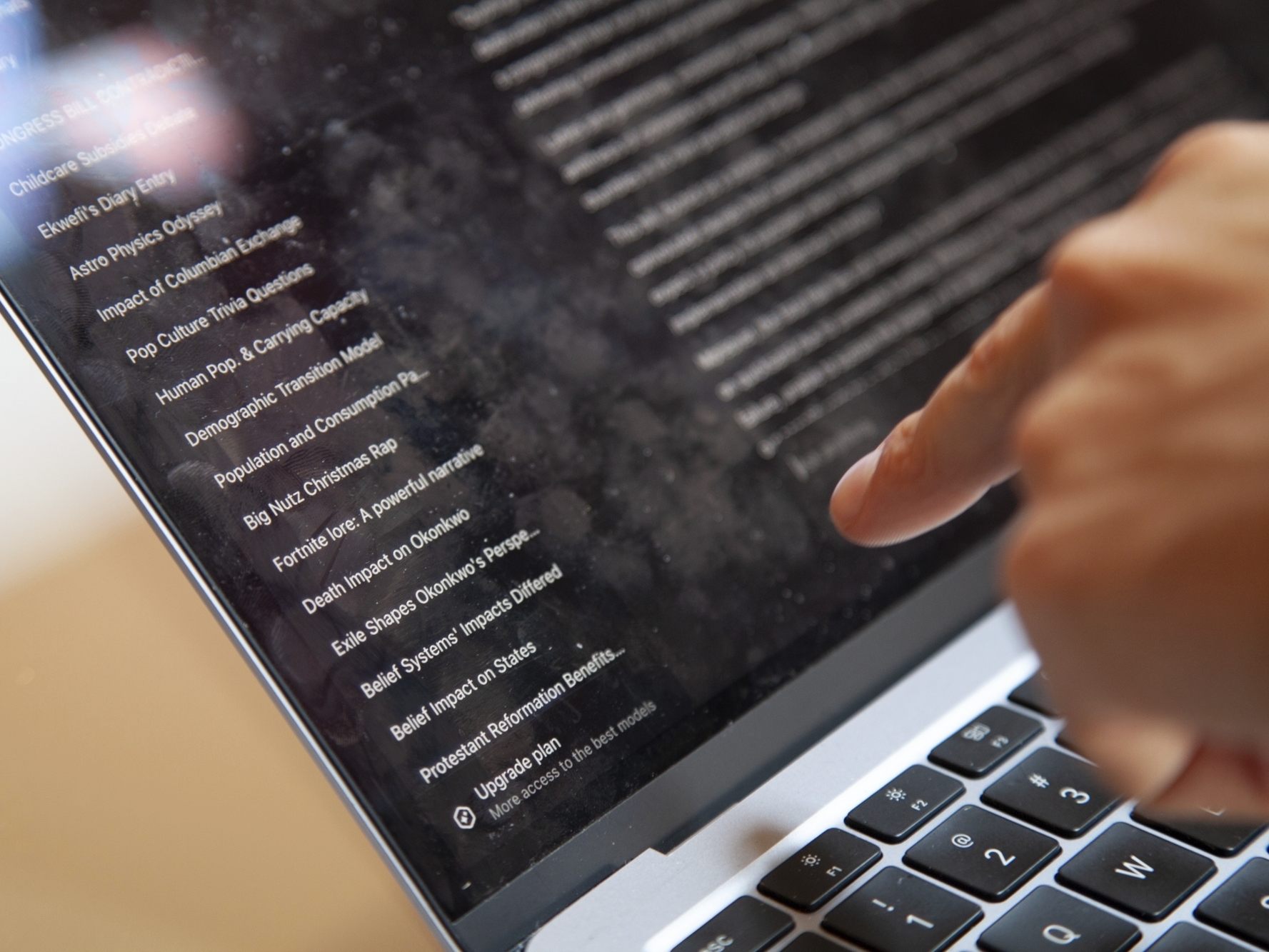ChatGPT warns users now about long conversations

OpenAI has introduced new safety features for ChatGPT, specifically targeting users with mental health challenges. These include reminders to take breaks during long sessions, a cautious approach to sensitive questions, and better recognition of emotional stress. The company is responding to growing criticism from experts.
Gentle reminders during long usage
Users who engage in particularly long conversations with ChatGPT will now see pop-ups like “Have you taken a break today?” or “Would you like to take a moment to breathe?”. According to OpenAI, the goal is to prevent overuse and promote healthier conversation habits. Some users have already reported seeing such reminders – not all respond positively.
No direct answers in relationship crises
Another focus is on handling personal decisions. In the future, ChatGPT will no longer provide direct answers when asked questions like “Should I break up?”. Instead, the AI will assist in weighing options, ask counter-questions, and refer to personal decision-making freedom. This new mode for “highly emotional concerns” is being rolled out gradually.
Response to psychological stress
OpenAI will in the future recognize when users show signs of mental stress – for example, through language, word choice, or context. The response should then be respectful, honest, and relieving, but without taking on a therapeutic role. For this purpose, OpenAI is working with more than 90 international experts from psychology, medicine, and human-computer interaction.
Debate on Responsibility and Risks
The changes do not come without criticism: Some users perceive the new hints as patronizing. Experts, on the other hand, have long been calling for measures against a potentially dangerous emotional attachment to AI chatbots. Reports of psychotic episodes or depressive moods in connection with AI usage have recently increased.
Long-term Goal: AI with Boundaries
OpenAI CEO Sam Altman recently emphasized that ChatGPT is not a substitute for therapy and should not act as a life coach. The current change aims to define the role of AI more clearly: to support, not decide – to accompany, but not to provide therapy.
ChatGPT-5: The Most Powerful Model Yet
OpenAI launched ChatGPT-5 in August 2025, which is considered the company's most advanced AI model. GPT-5 combines the ability for complex thinking with fast response times and is designed to take on tasks such as software programming, calendar management, or creating research summaries. According to CEO Sam Altman, GPT-5 is "the best model in the world" and marks a significant step towards AI systems that function more as intelligent assistants rather than mere chatbots. Special emphasis was also placed on safety: GPT-5 better recognizes when a request cannot be answered and minimizes false or fabricated responses through "safe completions." The new model is available to all users, including in the free ChatGPT version.
This article has been automatically translated, read the original article here.





